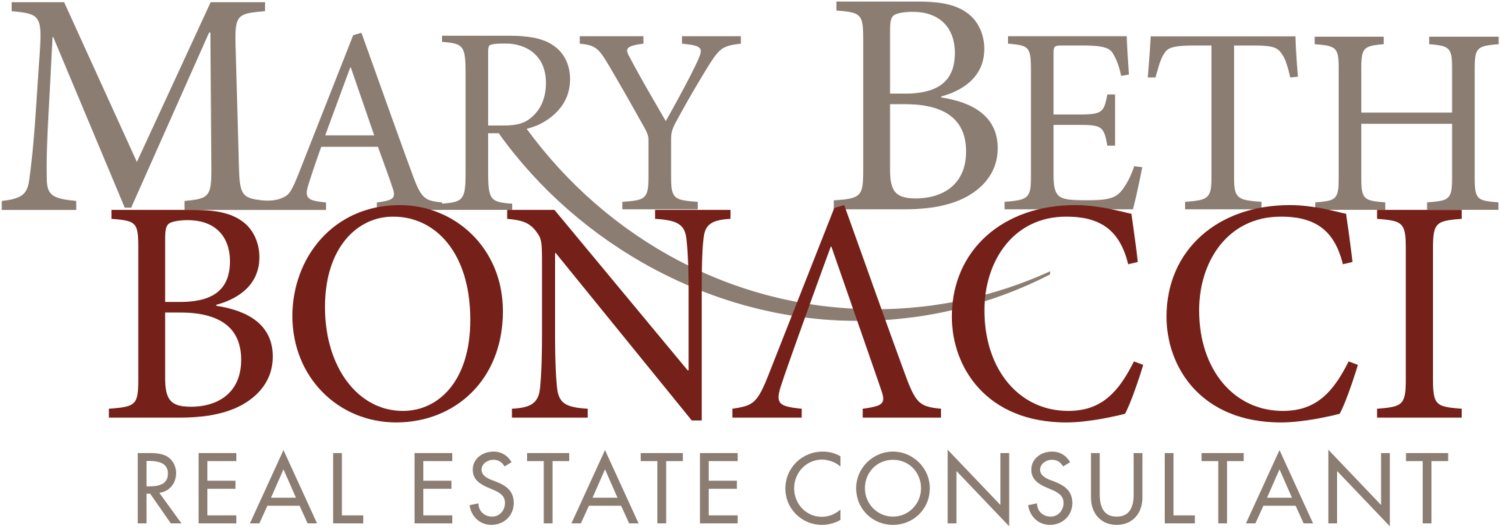Think twice before pulling equity out of your home
/I know, I know. You hear all of those commercials. “Consolidate your debt.” “Refinance to one low payment.” And even “Your house is your bank.” It all seems so easy. Refinance your home and all of your “debt” goes away.
But I see the other side. People come to me because it’s time to sell their homes, and I’m the one who has to tell them that they probably can’t sell it for enough money to cover what they owe on the mortgage.
I really hate it when that happens.
But how does it happen? In many of these cases, people actually owe more than the initial purchase price they paid for the home. That’s because at some point they refinanced the property, the appraisal showed that the property had “appreciated”, and the mortgage company gave them the difference in cash in exchange for a loan based on the new appraised “value” of the home. In other cases, the homes’ owners have taken out a second mortgage or a line of credit on the property, also based on its appraised value.
Problem is, homes don’t always sell for their appraised value. Appraisals often tend to run on the high side of what a home is really worth. Plus, in this market and many others, values on some properties are slipping slightly. Plus it costs money to sell a home. Put it all together, and people frequently find that they’re “in” their homes for more than they can get “out.” In other words, there’s a good chance they’re going to have to show up at the closing table with cash in hand.
The situation gets even worse when you combine low equity with an adjustable rate loan. As interest rates rise, monthly payments go up. Many people find that they can no longer afford their mortgage. But when they go to sell, they find that they can’t sell the home for as much as they owe. So they can’t afford to sell and they can’t afford to stay.
The next step is foreclosure.
This is when people tell me “I have to sell it for $xxx price.” Believe me, I’d love to sell it for $xxx price. The problem is those darned buyers. They really don’t care how much the sellers owe. All they care about is the market value of the property. They (unfortunately) aren’t going to pay more just because they want to help the sellers pay off the mortgage.
I understand that some people make a conscious business decision to pull equity out of one property in order to invest the money elsewhere. That’s called “leveraging.” They’re putting the money to work for them to make more money. That’s a lot different than using the money to pay off credit cards or travel to the Bahamas. They’re taking the same risk, especially if they leave little or no equity in the first property. But at least they’re using the money to make money.
I also understand that sometimes people pull equity out of their homes because they have to – to pay medical bills or take time off to care for a sick loved one or whatever. In that case, thank God the money is there – and know that the downside is that it may be harder to sell the house down the line.
Different people have different philosophies regarding the equity in their home. Some work hard to pay their homes off as quickly as possible. Others like to pull equity back out to invest elsewhere and grow their net worth. Neither approach is right or wrong.
But leaving little or no equity in a property can be very dangerous to your financial health.









